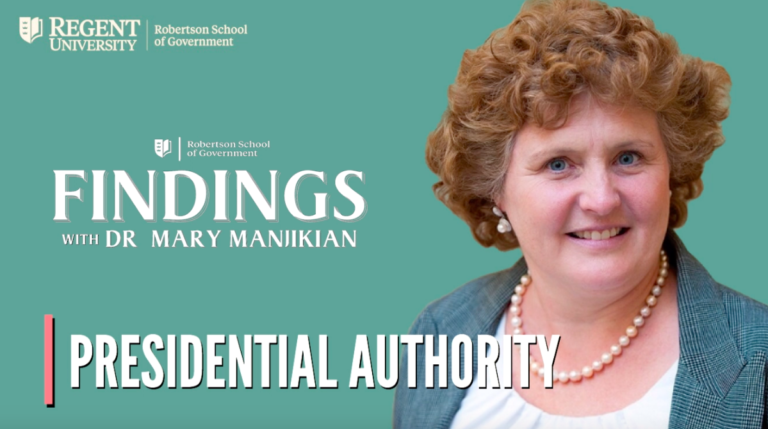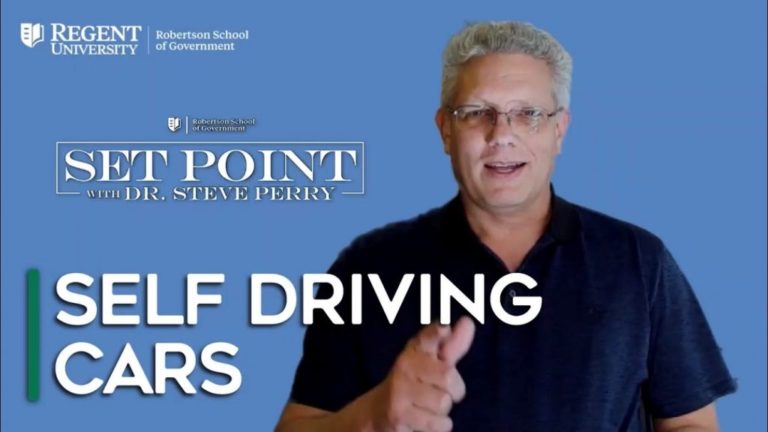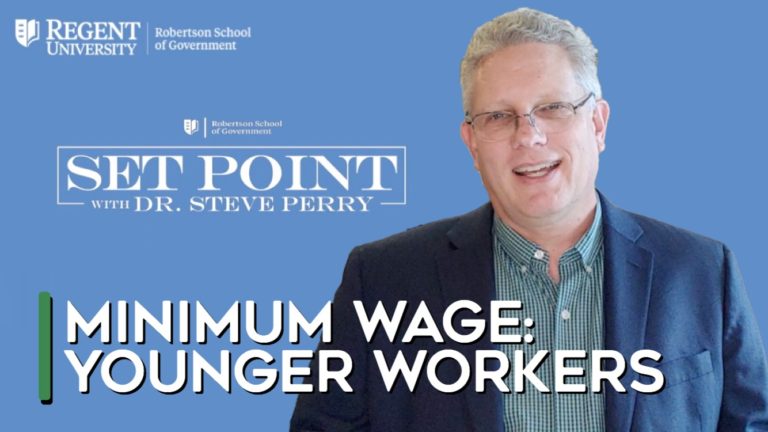Why Does Christian Education Matter?
Dr. Os Guinness
If you look at the challenges today, many Christians look at opponents or rivals in terms of people who dislike us or ideas such as relativism, postmodernism, secularism – notice they all have ‘ism’ at the end – but they are all sets of ideas. And they’re important, and many of them are very dangerous.
But what has made the church cave in, has shaped it and distorted the church, is actually not modernism – a set of ideas – but what is called modernity. Modernity would include cell phones and cars, television and cities, bureaucracies, watches, things like this which shape our thinking, often without our being aware of it. They’re not necessarily ideas, but they shape our thinking even when no thinkers are involved.
I often use the illustration of time. We live in a world of fast life. It doesn’t come from any philosopher. It’s 24/7 pressure. It comes from clocks, watches, from the visual atomic time. Now the speed of the modern world, business at the speed of light and so on, turbo-capitalism, life is fired at us point blank. Now to understand that, you need to understand clocks and time, not a thinker like Nietzsche or Hegel or Rousseau.
We need to get Christians who understand the world, the way consumerism and supermarkets and shopping affect our thinking. Not just relativism and so on.
In America, Christians are a huge majority. But they’re culturally ineffectual. There are many reasons for this, but one of the many is that Christians have stopped thinking Christianly: loving the Lord with our minds, thinking about anything and everything under the lordship of Christ. So universities like Regent which are committed to the lordship of Christ, to thinking Christianly, thinking biblically, thinking theologically, are incredibly important. Already, in its first 40 years, I meet people in Washington, D.C. who have come from Regent who know how to stand and to speak and this is wonderful.
One of the greatest social formers of all time was William Wilberforce, who abolished slavery and many, many other things. It was said of him, Wilberforce shows that a single person can change the world, but he cannot do it alone. In other words, Wilberforce had a team around him of like-minded people with a clear vision and a clear calling, and together, they made a difference.
And so you hope that students and graduates coming from Regent will be given here a vision, a cultural vision, to be salty and light-bearing and make a great difference in American culture. Hopefully, by God’s grace, helping to turn things around. But also a sense of their own individual calling. For they will form friendships that will last them a lifetime, and – rather like the Clapham group, the Clapham circle in England – they will be in law, medicine, computer science, politics, the arts, and really make a difference. None of us can do it alone. We need each other.
The views and opinions expressed in this post are those of the authors and do not necessarily reflect the official policy or position of Regent University.






